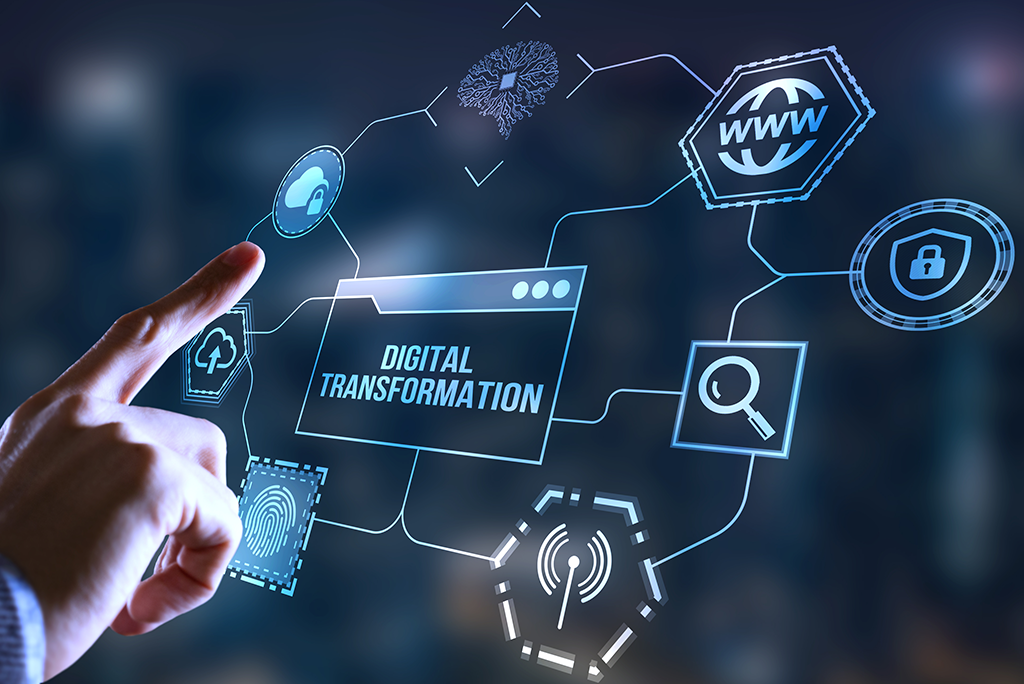

How Technology is Transforming Marketing Campaigns
The world of marketing has undergone a significant transformation in recent years, thanks to the rapid evolution of technology. The traditional methods of marketing, which were once considered effective, are now being replaced by modern digital approaches that are more targeted, measurable, and cost-effective. Today, marketers have access to a wide range of innovative tools and platforms that enable them to reach their target audience, engage with them, and drive conversions like never before.
In this article, we’ll explore the ways in which technology is transforming marketing campaigns and why businesses need to adopt these changes to stay ahead of the competition.
Personalization at Scale
One of the most significant advantages of technology in marketing is the ability to personalize messages at scale. With the help of artificial intelligence (AI) and machine learning algorithms, marketers can now analyze vast amounts of customer data and create tailored experiences that resonate with each individual.
For instance, email marketing platforms use AI-powered tools to analyze customer behavior, preferences, and demographics, and then generate personalized content that is more likely to drive engagement and conversions. Similarly, social media platforms use machine learning algorithms to serve targeted ads to users based on their interests, behaviors, and demographics.
Data-Driven Decision Making
Technology has made it possible for marketers to make data-driven decisions, rather than relying on intuition or guesswork. With the help of analytics tools, marketers can track the performance of their campaigns in real-time, identify areas of improvement, and make adjustments on the fly.
For example, Google Analytics provides detailed insights into website traffic, user behavior, and conversion rates, enabling marketers to optimize their campaigns for better results. Similarly, social media analytics tools provide insights into engagement rates, sentiment analysis, and customer interactions, helping marketers to refine their strategy and improve their ROI.
Omnichannel Marketing
Technology has enabled marketers to create seamless, omnichannel experiences that span across multiple touchpoints and devices. With the help of marketing automation tools, marketers can now synchronize their messages, offers, and content across different channels, including social media, email, mobile, and web.
For instance, a customer who abandons their shopping cart on a website can receive a personalized email reminder, followed by a targeted ad on social media, and a push notification on their mobile device. This kind of omnichannel approach helps to create a cohesive brand experience, increases customer engagement, and drives conversions.
Virtual and Augmented Reality
Virtual and augmented reality technologies are revolutionizing the way marketers engage with their customers. By creating immersive, interactive experiences, marketers can now transport their customers into new worlds, showcase their products in 3D, and provide a level of interactivity that was previously unimaginable.
For example, IKEA’s IKEA Place app uses AR technology to enable customers to see how furniture would look in their home before making a purchase. Similarly, car manufacturers are using VR technology to provide virtual test drives, allowing customers to experience their cars in a more engaging and memorable way.
Influencer Marketing
Technology has given rise to the influencer marketing phenomenon, where brands partner with social media influencers to reach their target audience. With the help of influencer marketing platforms, brands can now discover, connect, and collaborate with influencers who have a large following and are relevant to their niche.
For instance, beauty brands are partnering with social media influencers to showcase their products, provide tutorials, and offer exclusive discounts to their followers. This kind of influencer marketing helps to build brand awareness, drive engagement, and increase sales.
Chatbots and Conversational Marketing
Chatbots and conversational marketing are becoming increasingly popular, thanks to the rise of messaging platforms and voice assistants. By leveraging AI-powered chatbots, marketers can now provide 24/7 customer support, answer frequently asked questions, and even facilitate transactions.
For example, Domino’s Pizza allows customers to order pizzas using chatbots on Facebook Messenger and Twitter. Similarly, American Express uses chatbots to provide customer support, answer questions, and offer personalized recommendations.
Predictive Analytics
Predictive analytics is becoming a game-changer in marketing, enabling marketers to forecast customer behavior, identify trends, and make data-driven decisions. By leveraging machine learning algorithms and historical data, marketers can now predict customer churn, identify cross-sell opportunities, and optimize their campaigns for better ROI.
For instance, a telecom company can use predictive analytics to identify customers who are likely to switch to a competitor, and then offer them personalized retention offers to retain their business.
Content Marketing
Technology has transformed the way marketers create, distribute, and measure the effectiveness of content. With the help of content management systems, marketers can now create, schedule, and publish content across multiple channels, including social media, email, and blogs.
For example, a fashion brand can use AI-powered content generation tools to create personalized content recommendations for its customers, based on their preferences, purchase history, and browsing behavior.
Conclusion
Technology is revolutionizing the world of marketing, and businesses that fail to adapt to these changes risk being left behind. By leveraging the power of technology, marketers can create personalized experiences, make data-driven decisions, and drive conversions like never before.
From AI-powered chatbots to predictive analytics, influencer marketing to omnichannel experiences, technology is transforming every aspect of marketing. As marketers, it’s our responsibility to stay ahead of the curve, experiment with new technologies, and continuously innovate to stay ahead of the competition.
In the end, the future of marketing is all about creating seamless, integrated, and personalized experiences that delight customers, drive engagement, and foster long-term loyalty. And with the power of technology on our side, the possibilities are endless.




